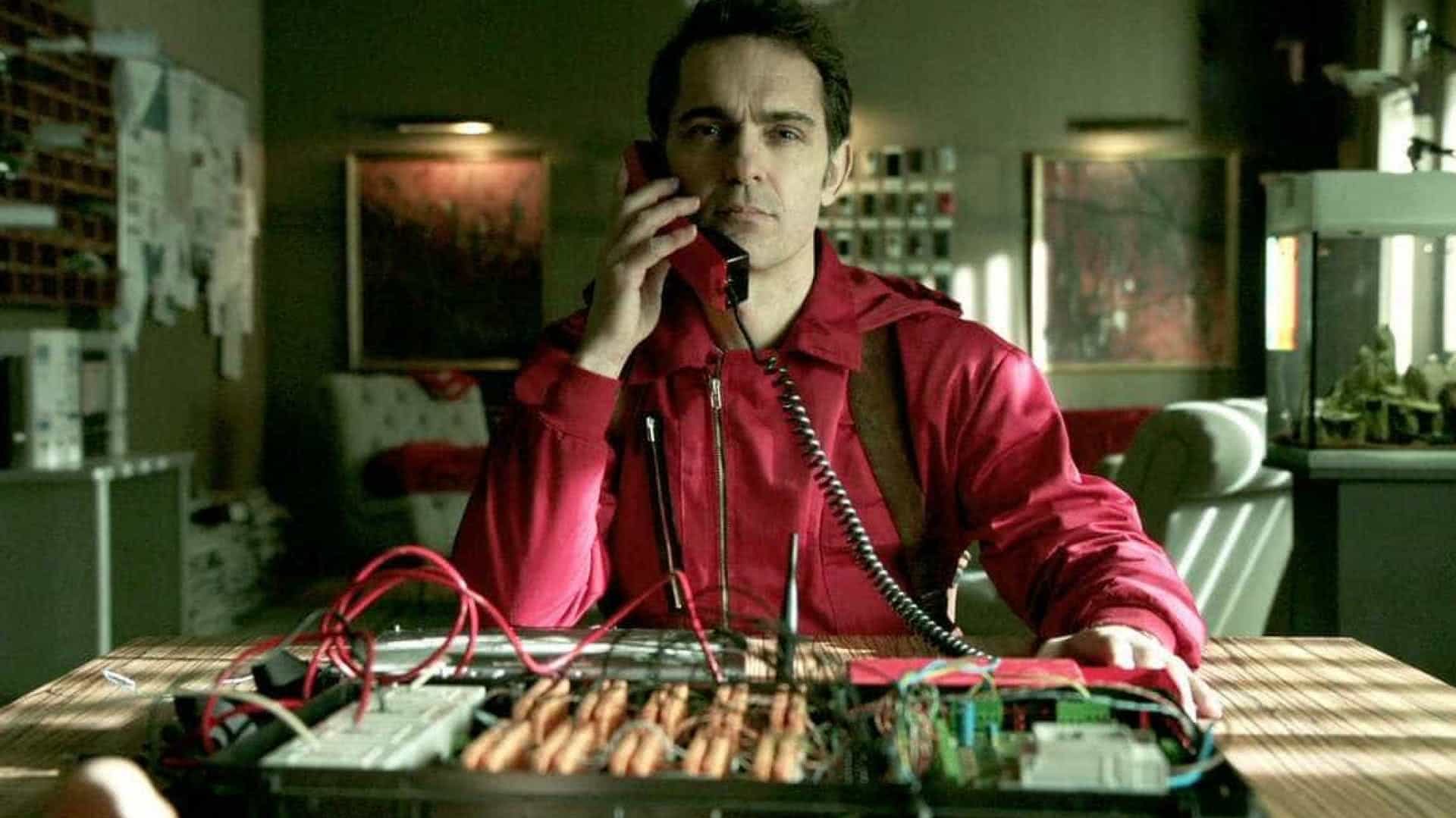There are press conferences and press conferences. And then there are the shows that are well aware of their success. “A Casa de Papel” is one of them and, therefore, for the announcement of “Berlín”, the first spin-off of “A Casa de Papel”, the thing was done with narrative molds. It couldn’t be something normal, it would have to be an event, face-to-face for some (in Spain), virtual for others. A spokesman arrives on stage and tells everyone that no one present knows exactly what will happen and he will explain it to them. In the center is the plot of the first episode of “Berlin”. All who attend the conference are free to participate in an auction in which, said, there are three people receiving calls, with offers from those who are attending virtually. For a moment one enters into this fiction and thinks that this would be something at the level of the “Panama Papers”: the medium that had access to this information would be ahead of all the others.
At that moment, the curtains in the room are lowered. The content is secret. Offer time. The base starts at 10,000. Go straight up to 12, 14, 15, 30, 43, 45, 50k…jump to 80k. The master of ceremonies says: “Now yes, we talk.” 85 thousand and, out of nowhere, the lights go out. Some cell phone lights turn on in the room. The lights come back on and in the center of the stage are the protagonists of “Berlin”, including Pedro Alonso and a series of other characters about whom very little has been revealed. Alonso begins to read the first lines of the argument. It’s a voiceover, a description of your character.
This is a first ad. Yes, it was already known that there would be a spin-off of “Casa de Papel”, but the “how” and “when” had been kept secret from the gods. This Wednesday’s act served to shed some light on what is to come and, above all, answers about “where we are”. And we speak here of “first spin-off” precisely because the possibility of more is not ruled out. “Berlin” was an easy choice, so to speak. The character died some time ago in “A Casa de Papel” and for this reason, the spin-off could never return to its post-“mother series” future. And, at the same time, there was enough time in “A Casa de Papel” to give it a past, without any big revelations being made. In other words, there are mysteries to explore.
Throughout the conversation, Álex Pina, creator of “A Casa de Papel” and “Berlín”, usually reinforces this idea: “Berlín is a character with a lot of personality, which has several facets. And, above all, he does not have a clear path and, at any moment, he can short-circuit you. The series is a chance to travel to the past and visit the most playful, romantic, brilliant and comical side of the character”. This description turns on some lights in the audience and, towards the end, no one can resist asking Álex Pina: “Does this mean that Berlin is a Spanish version of Lupin?”. (another successful series on Netflix). A resounding not followed, “Berlin” is not seen with overtones of romantic comedy.
This article is exclusive to our subscribers: subscribe now and benefit from unlimited reading and other benefits. If you are already a subscriber, log in here. If you think this message is an error, please contact our customer service.
Source: Observadora
